Have you seen these words used on a product label but are still unsure about what they actually mean? Discover the difference between full-spectrum vs. broad-spectrum CBD and why this is so important to understand when purchasing products, especially for those who need to pass a drug test!
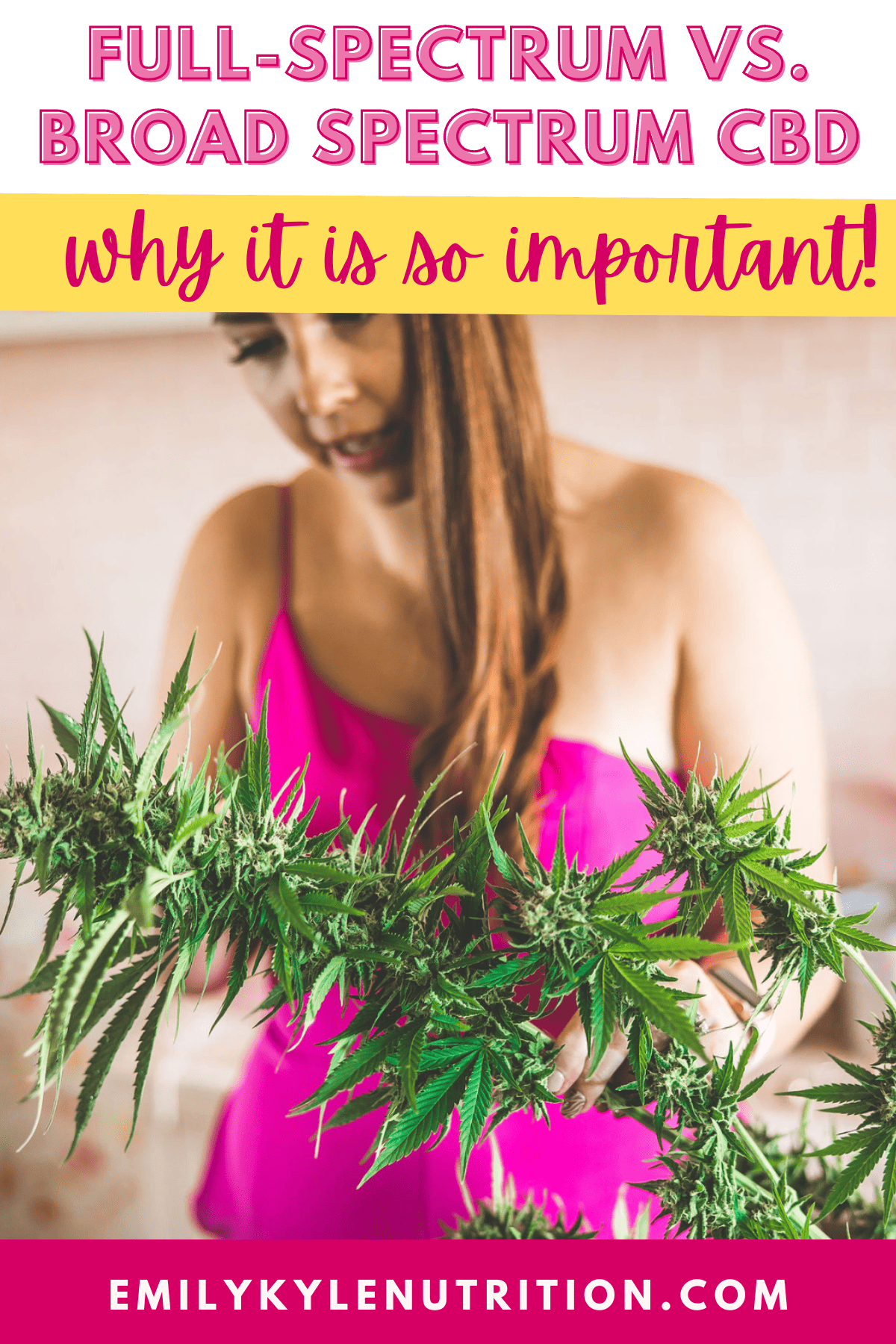
Table of Contents
Article Features
- A quick answer for the type of CBD you want to buy
- A guide to help you decide which one is right for you
- Want to make it easy? Have my premium products delivered directly to your door – now shipping across the US!
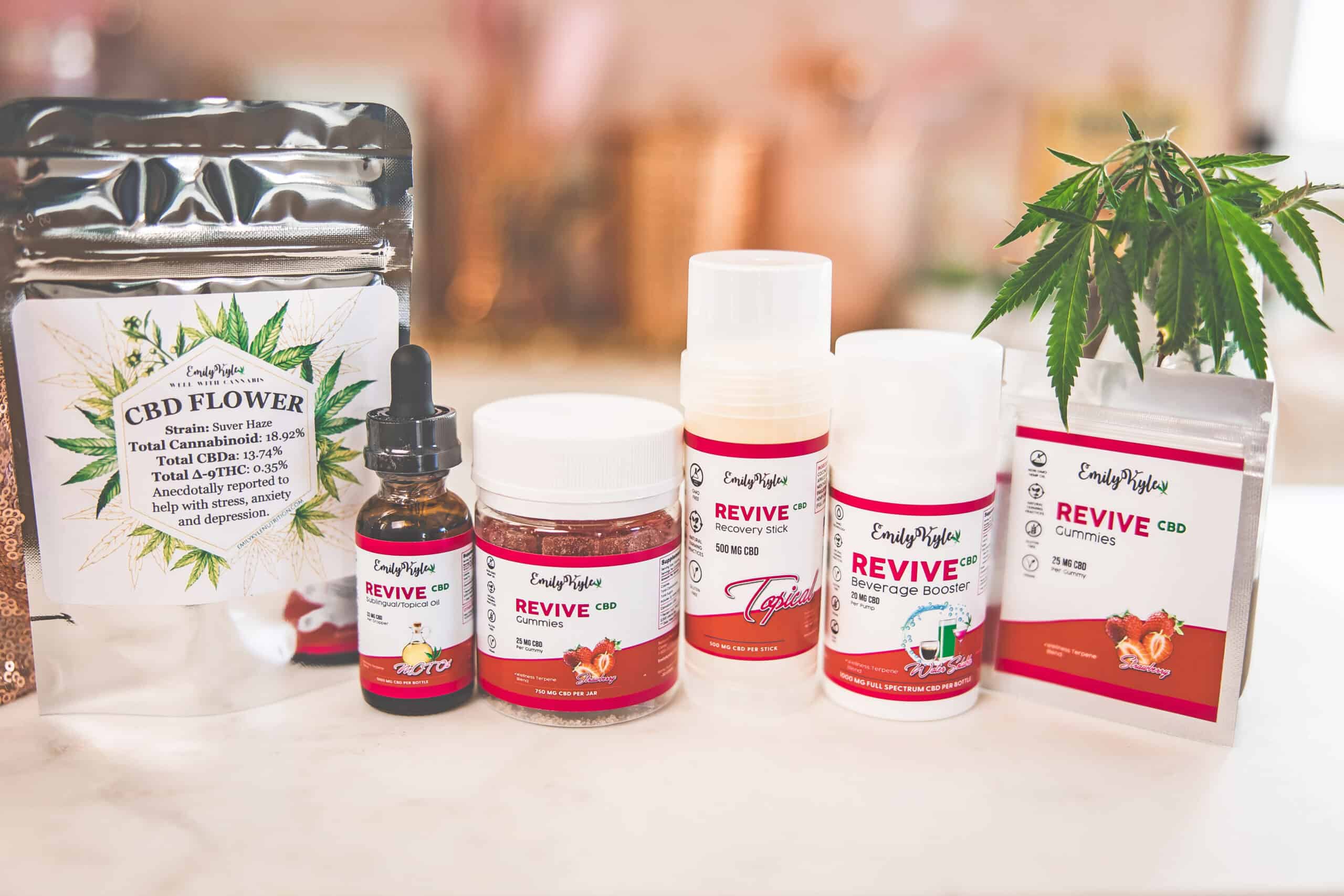
Why You Will Love This Guide
You may have seen different types of CBD products labeled as either full-spectrum or broad-spectrum – but what is the difference?
What do these terms mean? And most importantly, does it even matter? Don’t worry; you’ve come to the right place for answers!
In this article, you will learn the difference between full-spectrum CBD products and broad-spectrum CBD products.
We will also discuss why it is an important thing to understand when buying different CBD products, especially for those who need to pass a drug test!
🚀 Test Your Knowledge
Coming Soon!
The Quick Answer
The main difference between full-spectrum oil and broad-spectrum oil is the THC content. Full-spectrum CBD oil includes a spectrum of cannabis compounds, including THC (even in trace amounts of less than 0.3% THC). Broad-spectrum CBD oil includes a spectrum of cannabis compounds but NO THC.
The Cannabinoid Spectrum
Cannabis is a beautiful plant containing over 500 compounds, including over 110 cannabinoids, cannabinoid acids, and over 100 different terpenes1.
Both hemp and marijuana are derived from the Cannabis Sativa plant.
A cannabis plant is considered a hemp plant if it contains less than 0.3%, and a marijuana plant contains more than 0.3% THC.
THC is just one cannabinoid that has been derived from the plant.
Common cannabinoids include THCA, CBDA, CBD, CBN, CBG, and CBC.
These cannabinoids interact with our endocannabinoid system, providing therapeutic benefits ranging from reducing pain and inflammation to anxiety and depression management.
Together, the range of cannabinoids and terpenes in the cannabis plant form a spectrum.
What Is Full-Spectrum?
Full-spectrum cannabis means that all of the naturally occurring cannabinoids in the whole plant are present in the final product.
Full-spectrum products also contain other beneficial compounds from the plant, including terpenes, flavonoids, fatty acids, and more.
It is important to note that the cannabis plant has hundreds of different strains, varieties, and chemovars, and the cannabinoid and terpene profile will vary greatly from strain to strain1.
Some strains are bred to be high CBD, low THC producers, while others are bred to be high THC, low CBD producers. This provides options for all types of consumers.
Even trace amounts of THC, not enough to produce psychoactive effects, are beneficial in a full spectrum extract because THC and CBD work synergistically together.
A full-spectrum extract is considered superior to a broad-spectrum extract or isolates because all of the compounds come together to create what’s known as The Entourage Effect.
While each compound has a benefit of its own, it is believed that all of the compounds work synergistically together to provide maximum benefits2.
If you do not need to worry about passing a drug test or legal issues in your state, choosing full-spectrum CBD products would be an excellent option for you.
What is Broad-Spectrum?
Broad-spectrum, in general, means a range of many different kinds.
In cannabis, broad-spectrum products contain many different kinds of cannabinoids and terpenes found within the plant, but not THC.
In the case of CBD oil, broad-spectrum CBD oil contains the same compounds as mentioned above; however, the THC has been physically separated out, leaving no trace amounts of THC.
Broad-Spectrum products are ideal for users who cannot have any trace of THC in their system, whether it be for a job, passing a drug test, or for personal reasons.
Of course, you want to ensure that any product labeled broad-spectrum is also labeled THC-free with 3rd party lab test results to prove it is what you are looking for.
What Are Isolate Products?
Isolate products are specific isolated chemical compounds that have been physically separated from the cannabis plant.
For example, CBD isolate is an extraction that is 99.9% pure CBD.
During the CBD isolate extraction process, every compound in the plant matter is removed, including any traces of THC, terpenes, waxes, oils, chlorophyll, and more.
The difference between isolated CBD and broad-spectrum CBD products is that isolates do not contain any additional cannabinoids or plant material.
While isolates can provide a higher concentration of the CBD molecule, they are generally not favored by CBD users because they do not contribute to the entourage effect3.
Product Recommendations
As CBD gains popularity, you will see more and more options available on the marketplace today.
While I’ve created a guide to help you get started with how to choose a safe CBD product, I know it can still be overwhelming to make the right choice.
That is why I have created my line of full-spectrum CBD products, including:
My products include the benefits of CBD, traces of other cannabinoids, and the health benefits of a small amount of THC while remaining under the legal limit of 0.3% THC.
Produced with CO2 extraction, a method considered to be superior to solvent extraction in the CBD industry, my products are the best choice for those who want the best product possible.
My topicals contain the benefits of essential oils, and my gummies allow you to enjoy the effects of CBD easily.
Shop Now
Shop with Emily
Shop Now: CBD Wellness Gummies
Shop with Emily
Shop Now: CBD Revive Oil
Shop with Emily
Shop Now: Topical CBD Stick
Shop with Emily
Shop Now: Bliss Micro Gummies
You can shop all of my CBD products here.
Frequently Asked Questions
If you’re brand new to CBD, a good place to start is between 10-20mg per serving. Keep in mind that there are many types of CBD oil with different strengths, so you will want to do your research and pick the option that is right for you. Remember, CBD will not make you feel high, but THC can. Be mindful of how much THC you are consuming through various CBD extracts or even hemp extracts.
It is important to remember that all CBD products may contain up to but no more than 0.3% THC by Federal law under the 2018 Farm Bill, unless the state has specific rules stating otherwise. In legal and recreational states, full-spectrum oil may be legally allowed to contain more than 0.3% THC. However, each state has its own rules and regulations, so you should take a closer look at your state’s specific legal requirements.
Full-spectrum CBD oil contains THC, and THC has the ability to be absorbed into the bloodstream and cause a positive drug test. If the CBD oil is used as a sublingual tincture (held under the tongue) or ingested (swallowed), it has the potential ability to show THC in the system4. The one exception is when CBD oil is applied topically, as cannabinoids do not penetrate the skin deep enough to reach the bloodstream. That means you could put full-spectrum CBD oil on your skin and be OK to pass a drug test, but you might not be OK if you swallow it or use it under your tongue. If you need to be 100% sure you can pass a drug test, I only recommend using a broad-spectrum product labeled THC-Free with associated lab testing to verify. Be sure to check that the product is also clearly labeled THC-free and that the 3rd party lab testing confirms this.
Yes, you can make your own homemade CBD oil with this tutorial. Or you could make full extract cannabis oil, also known as FECO. This is a concentrated, whole-plant, full-spectrum cannabis extract. This means that all of the important plant compounds, from cannabinoids to terpenes and other plant materials, are present in the extract. If you are a cannabis consumer who likes to prepare your own medicine at home, you can make a full extract of cannabis oil at home in your own kitchen. Click here for a tutorial and guide to making FECO at home.
Some people experience pain relief from just CBD, while others really need some THC to touch any type of chronic pain. A full spectrum CBD oil may be enough for some people to achieve pain management, while others will need a higher percent THC to reap the beneficial effects. It will also depend on how you use cannabis, whether it be smoking, vaping, tinctures, or topicals.
Hemp seed oil is a nutritious, supplemental dietary product used for cooking in the kitchen. While it is an excellent choice for making delicious recipes, it does not contain any CBD or THC, meaning it does not fall under the spectrum.
Yes, you can! Learn more about how to make your own edibles with CBD oil here. You can also use CBD hemp flower in a variety of different ways, including just decarbed and added straight to recipes!
Find my complete guide for how to store CBD oil so it doesn’t go bad here.
If you are unsure which cannabis products are right for you, I recommend you seek your doctor’s advice to get a medical marijuana card. While the side effects of CBD are minimal, it is important to talk to a professional if you are working to treat a serious medical condition or wean off prescription medications. The information presented here is not medical advice.
Yes, but you will need to start with CBD flower first. Once you have that, you can make your own CBD butter at home.
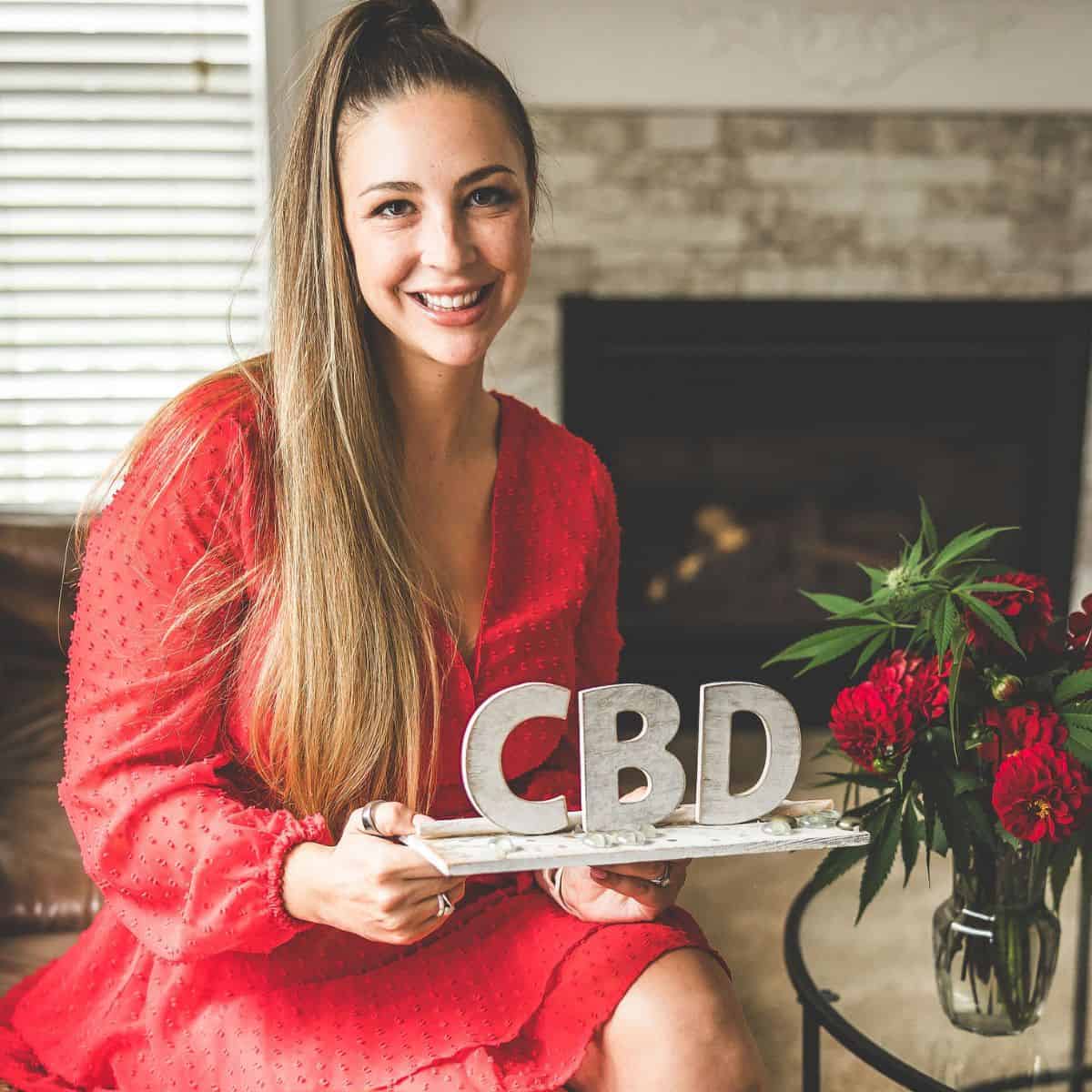
Unlock the Secrets of CBD in Just 5-Days…
Dive deep into how CBD and THC can enhance your wellness journey with my immersive 5-day “CBD, THC & Me” workshop. Get expert insights, personalized guidance, and practical advice to help you harness the potential of the plant.
More CBD Articles You Will Love
Cannabis Infusions & Extractions
Easy Homemade CBD Oil Recipe
CBD Guides & Recipes
CBD Oil vs. Hemp Oil » What’s the Difference?
CBD Guides & Recipes
Your Guide to Getting Started with CBD Flower
CBD Guides & Recipes

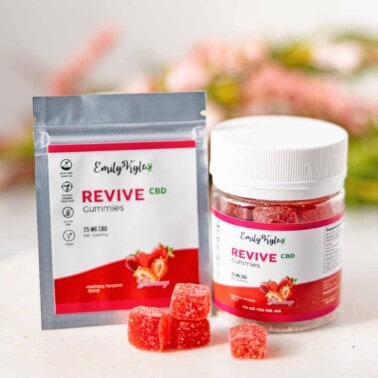
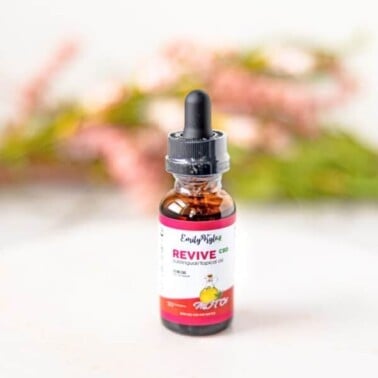
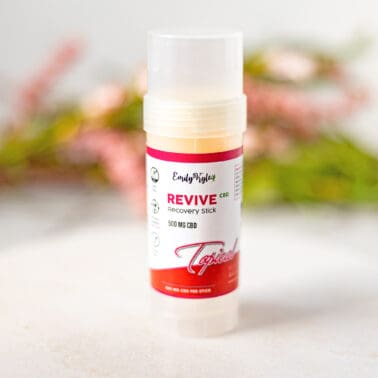
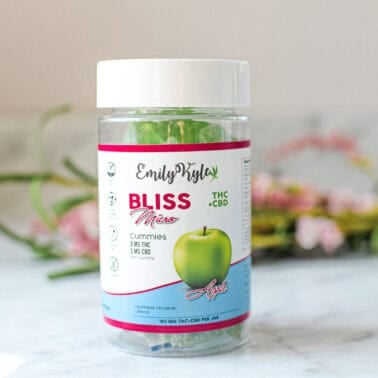
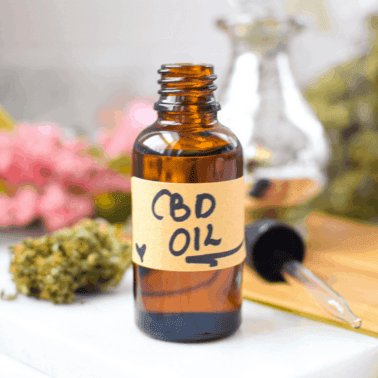
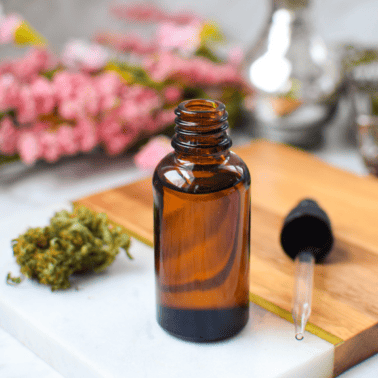
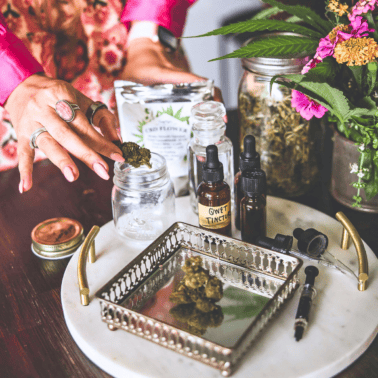

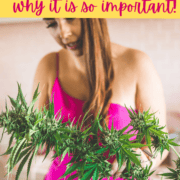








Good day to you, Mrs. Emily, which of your flowers have the highest THC?
Hi Luci. While we don’t carry THC-dominant flowers, we do offer a wonderful selection of CBD-rich options. If you’re curious or need any recommendations, feel free to reach out — we’d be happy to help!
Hi Emily. I purchased terpenes to add in my canna butter. Can u tell me when to add it? I’m not clear if it’s after I decarb and before I infuse into oil or after I process the oil
Hi Deanna! For optimal results, add terpenes after infusing—once the plant material has been strained from the oil. Allow the butter to cool slightly, but keep it warm enough for easy blending, then incorporate the terpenes. This method preserves their delicate aromas and flavors, which can diminish during the heat-intensive decarbing and infusion processes. Enjoy!